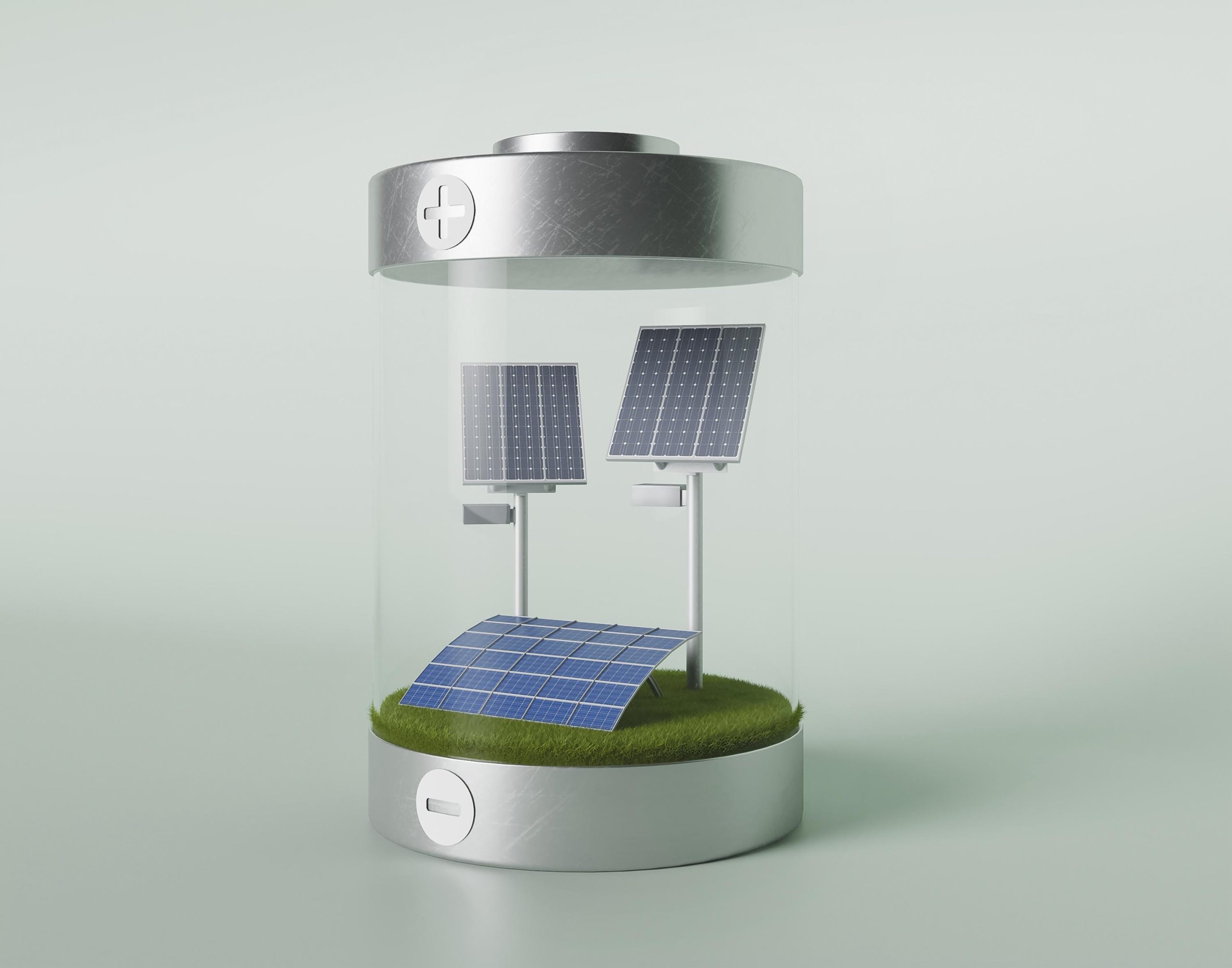
Which Battery Type Is Best for Solar—Flooded, Sealed, or Lithium?
- FazipaySolar
- September 14, 2023
- No Comment
- 20
Selecting the right battery type for your solar power system is a crucial decision that can significantly impact the efficiency and longevity of your setup. In this blog post, we’ll explore the three main types of batteries commonly used in solar applications: flooded lead-acid batteries, sealed lead-acid batteries, and lithium-ion batteries. By the end of this article, you’ll have a clear understanding of the pros and cons of each option, helping you make an informed choice for your solar energy needs.
Solar Battery Types
Solar panels generate electricity from sunlight, and this energy is usually generated during the day. To power your home or business when the sun isn’t shining, you need a reliable energy storage solution. This is where solar batteries come into play.
Solar batteries store excess energy generated by your solar panels during sunny periods so that you can use it during cloudy days or at night. They also help stabilize your energy supply and reduce your dependence on the grid. But, the question remains: which type of battery is best suited for this task?
Flooded Lead-Acid Batteries
Flooded lead-acid batteries are one of the oldest and most common types of batteries used in solar power systems. They are known for their durability and reliability. Here are some key points to consider:
Pros:
– Cost-Effective: Flooded lead-acid batteries tend to be more affordable upfront compared to other options.
– Proven Technology: These batteries have a long history of use in solar applications and are well understood.
Cons:
– Maintenance: They require regular maintenance, including checking water levels and ensuring proper ventilation.
– Limited Depth of Discharge: They should not be discharged below a certain level to avoid damage, reducing their usable capacity.
Sealed Lead-Acid Batteries
Sealed lead-acid batteries, also known as valve-regulated lead-acid (VRLA) batteries, offer a more maintenance-free option. Here are the key points:
Pros:
– Maintenance-Free: These batteries are sealed and do not require periodic watering or ventilation.
– Reliable:They are less prone to leakage and can be placed in various positions.
Cons:
– Higher Initial Cost:Sealed lead-acid batteries typically have a higher initial cost compared to flooded batteries.
– Limited Lifespan:They may have a shorter lifespan compared to other battery types.
Lithium-Ion Batteries
Lithium-ion batteries are gaining popularity in solar applications due to their high energy density and efficiency. Here’s what you need to know:
Pros:
– High Efficiency: Lithium-ion batteries offer high energy efficiency, meaning they can store and release energy more effectively.
– Longer Lifespan: They often have a longer lifespan than lead-acid batteries.
– Compact Design:They are lightweight and take up less space.
Cons:
– Higher Initial Cost: Lithium-ion batteries tend to be more expensive upfront.
– Complex Disposal:Disposing of lithium-ion batteries requires proper recycling methods.
The choice of battery type for your solar power system depends on various factors, including your budget, maintenance preferences, and long-term goals. Flooded lead-acid batteries are budget-friendly but require regular maintenance. Sealed lead-acid batteries are more convenient but come at a slightly higher cost. Lithium-ion batteries offer high efficiency and a longer lifespan but may be pricier.
Consider consulting with a solar energy professional to assess your specific needs and determine which battery type aligns best with your solar goals. In the end, making an informed decision about your solar battery will ensure a more efficient and reliable solar energy system for your home or business.

